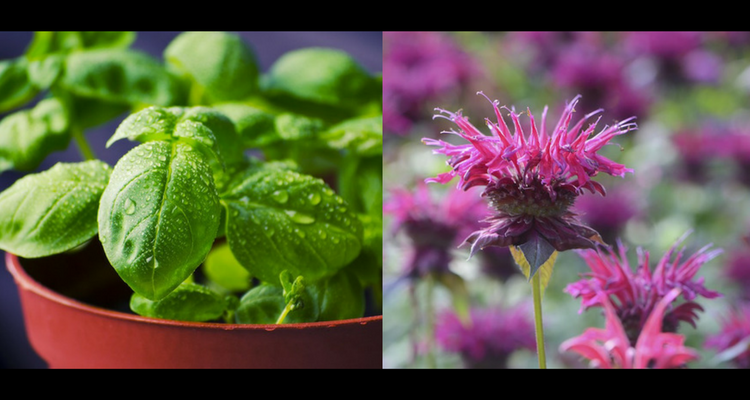 During warmer months, going outside is amazing and lovely. The smell of fresh air and rich earth is invigorating, as is the ability to finally start or tend to that garden you’ve always wanted to grow. What isn’t so fun? The pesky mosquitoes that come along with it.
During warmer months, going outside is amazing and lovely. The smell of fresh air and rich earth is invigorating, as is the ability to finally start or tend to that garden you’ve always wanted to grow. What isn’t so fun? The pesky mosquitoes that come along with it.
Now, we all know mosquitoes can be repelled. According to a University of Florida fact sheet, certain plants provide natural chemicals that thwart those pesky bloodsuckers.
Here is a list of 14 plants that you can grow to keep mosquitoes at bay and away.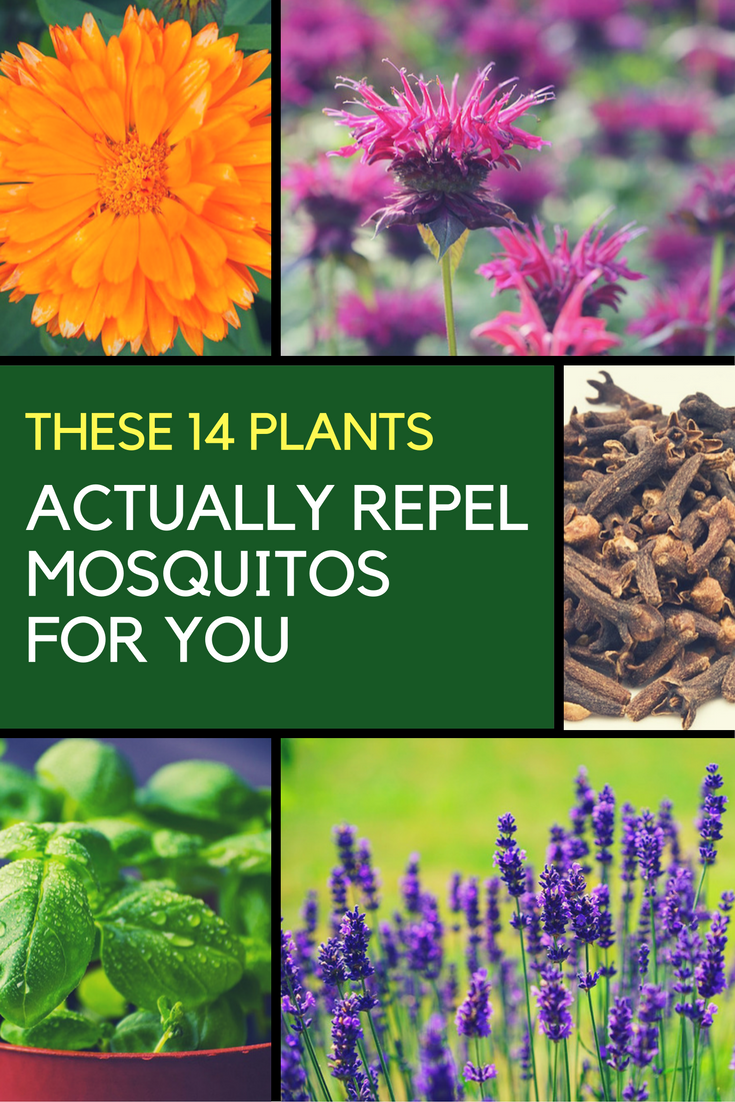
Herbs
In fact, many common herbs are effective mosquito repellents and are easy to grow. Love to cook, but hate mosquitoes? Try planting some of these.
Mint
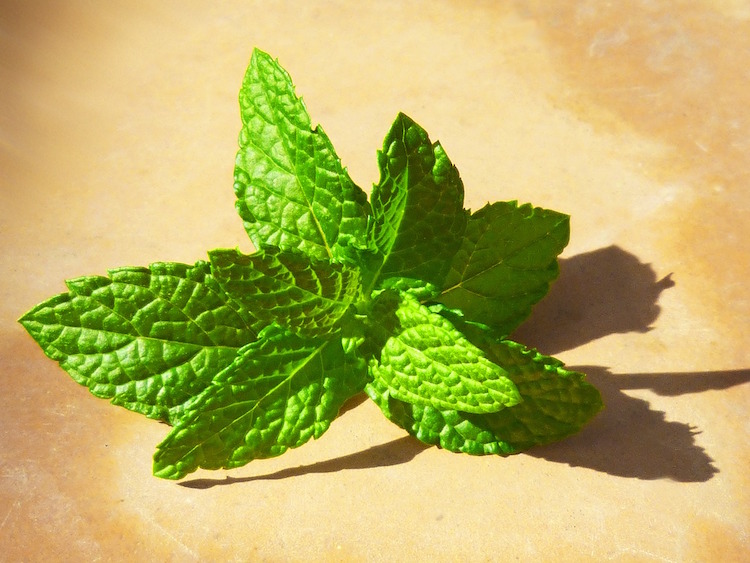
Mint is a very prolific plant, sometimes found just growing randomly. It is also an excellent repellent for mosquitoes. Inexpensive to buy, easy to cultivate, and extremely effective in warding off the biters, mint is a practical and wonderful addition for your garden.
Besides, it can serve a two-fold purpose. After you’ve chased the mosquitoes off, simply use one of the many leaves and make a refreshing cup of tea to celebrate.
Basil
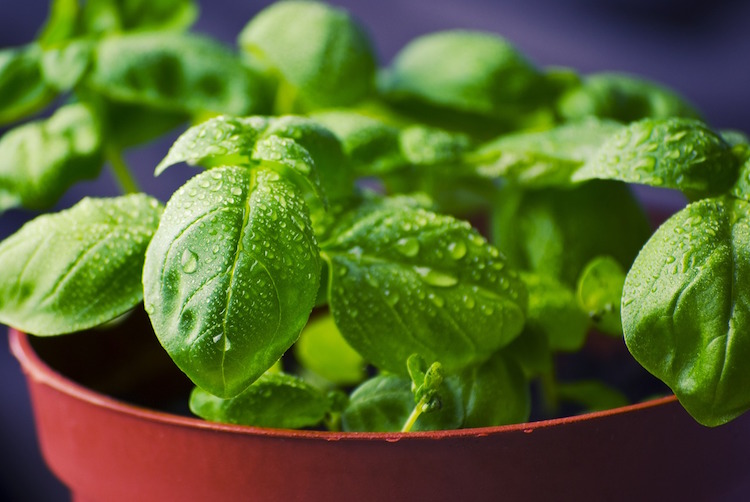
Why not grow a delicious, versatile herb that you can use for cooking, but mosquitoes can’t stand to smell? Basil, one of the most common and easiest plants to grow and harvest, is a great repellent. Basil sprouts fast from seeding, so it can quickly germinate to help terminate.
Rosemary
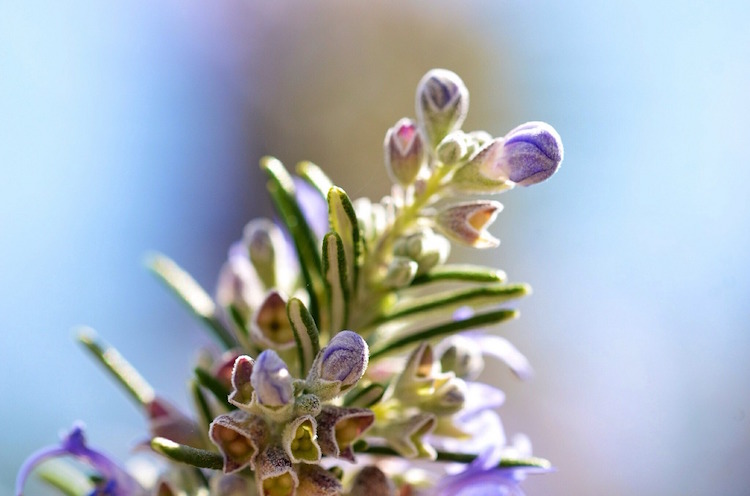
Rosemary is great for cooking and enhancing fragrance for oils, lotions, and soaps. As a mosquito repellent, some people choose to add it to everyday beauty products to smell great while chasing off the hungry insects.
Rosemary is also a strong antioxidant and helps stimulate hair growth, according to the Nonverbal Learning Disorders Association (NLDA).
Spices
Spices are a natural complement to herbs. After all, it’s difficult to search a spice rack without seeing a few dried herbs hanging around, right? These common spices are also natural mosquito deterrents and can easily be grown in your garden.
Sage

Sage is another multi-use herb that can be used for cooking or as a repellent. While common sage is a silver-tinged green, other varieties offer different bursts of color such as purple and gold, according to the National Garden Association. With the proper amount of care and pruning, a sage plant can endure for several years before needing replacement.
Clove
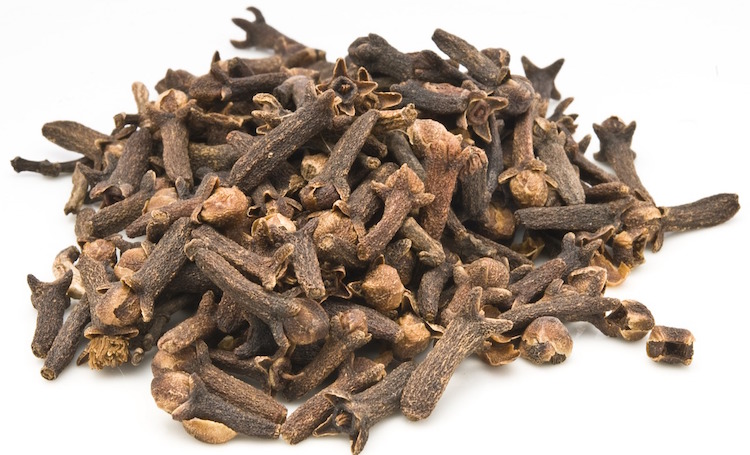
Whether grown as a standalone plant or harvested and added to body oil, clove is a very efficient mosquito repellent. However, it also serves as an excellent seasoning for various holiday meals and has medicinal benefits, too.
For hundreds of years, whole clove has been used for its antibacterial properties, including treating toothaches, according to a document examining alternative medical treatments provided by Princeton University.
Lemon Thyme
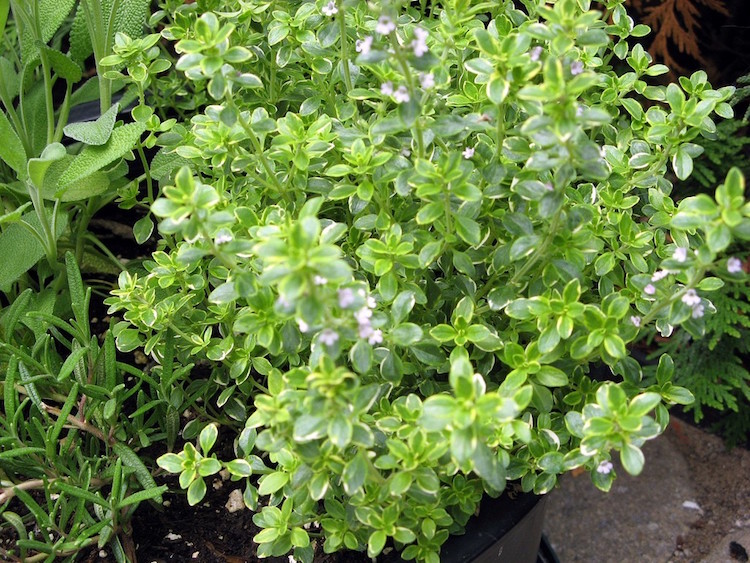
This perennial plant is no friend to mosquitoes. Lemon thyme emits a citrus scent that mosquitoes love to hate. According to GrowPlants.org, this type of thyme produces edible buds with delicate purple flowers and can be used for flavoring food.
Flowers
Of course, you could extend your growing space beyond common herbs. If you are looking to grow a mosquito-resistant garden, but want a little more form than function, then it’s time to look at some flowery options.
Flowering plants can lend exquisite beauty and alluring scent to any garden. However, these flowers offer a bit more than a pleasing aesthetic. These beauties are also undercover warriors, sitting pretty while keeping a vigilant vigil against mosquitoes.
Lemon Balm
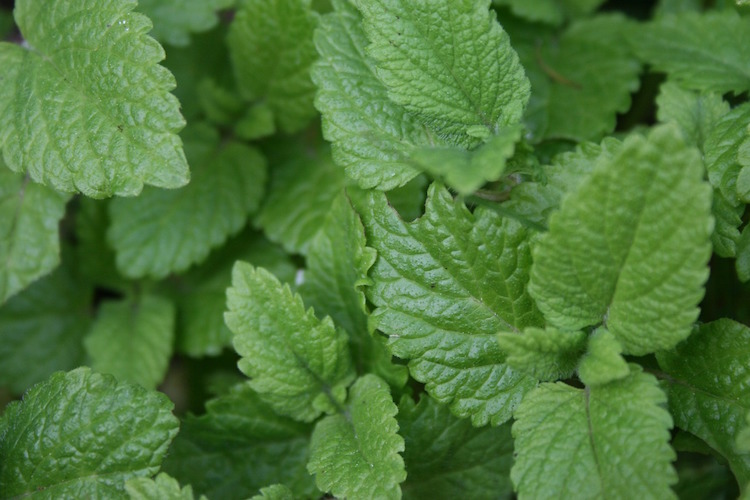
This mint-related plant is known to attract bees but is highly unattractive to mosquitoes. The historical use of lemon balm goes back more than 2,000 years, according to the Herb Society of America. It’s been used as medicine and flavoring, grows easily, and is quite useful as a repelling agent.
Marigold
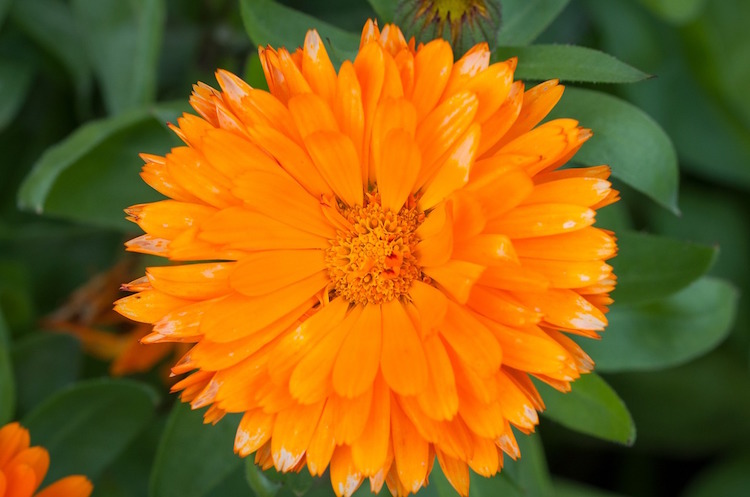
Marigolds are sentinels for any garden because it repels all sorts of insects – including mosquitoes. According to The University of Arizona’s Cooperative Extension, marigolds are often used by gardeners to add beauty to plots while keeping this cultivated land pest-free. This beauty of a flower will defeat those biting beasts you want to avoid.
Lavender
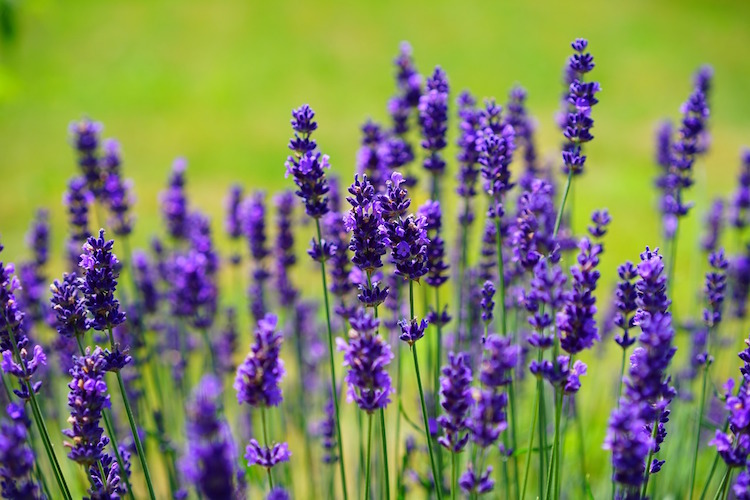
This aromatic plant is not only beautiful to behold and smell, it’s a solid deterrent for mosquitoes, too. Mosquitoes love to hover during warmer weather and, fortunately, lavender blooms throughout the entire summer, according to Cornell University’s Gardening Department.
If you adore alluring fragrance but aren’t a fan of itchy bites and welts, lavender may be the way to go for your garden.
Catnip
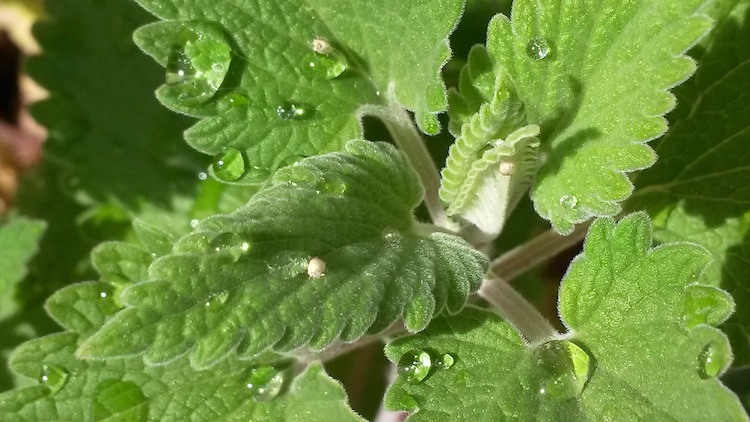
If you’re a cat lover, but a mosquito hater, growing catnip should be at the top of the list of things to add to your garden. While it can take a while to sprout, it is worth it because of its self-seeding nature.
Basically, grow it once and it takes care of itself season after season – as well as taking care of annoying mosquitoes.
Bee Balm
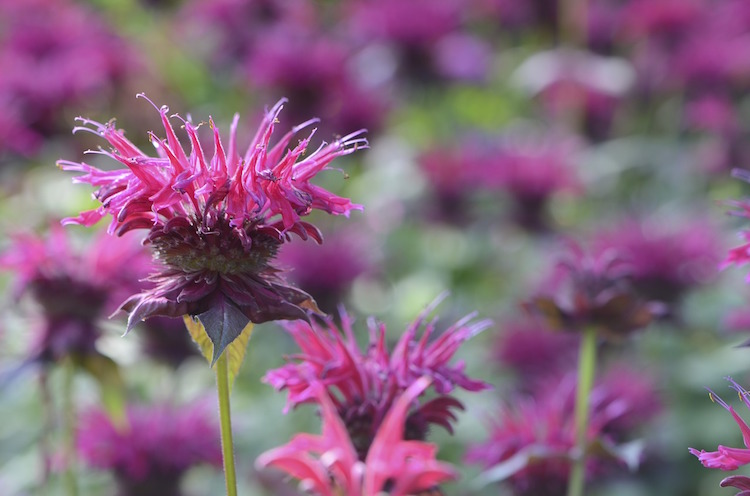
This prolific, flowering plant invites bees, butterflies, and hummingbirds to come and play, but mosquitoes will not want to stay for the party. Also known as wild bergamot, bee balm is a low-maintenance plant that produces plenty of nectar and white, red, and pink flowers.
However, according to the National Gardening Association, too much growth encouragement can cause bee balm to overrun a garden and choke surrounding vegetation right out of existence.
Grasses
Every garden could use a base, a primary blanket of vegetation that creates a canvas for your blooming landscape. Sometimes, we take grass for granted, not realizing that it also helps anchor the soil and provide additional sustenance for other plants. These grasses provide great coverage, wonderful scent and will repel mosquitoes in a snap.
Citronella Grass
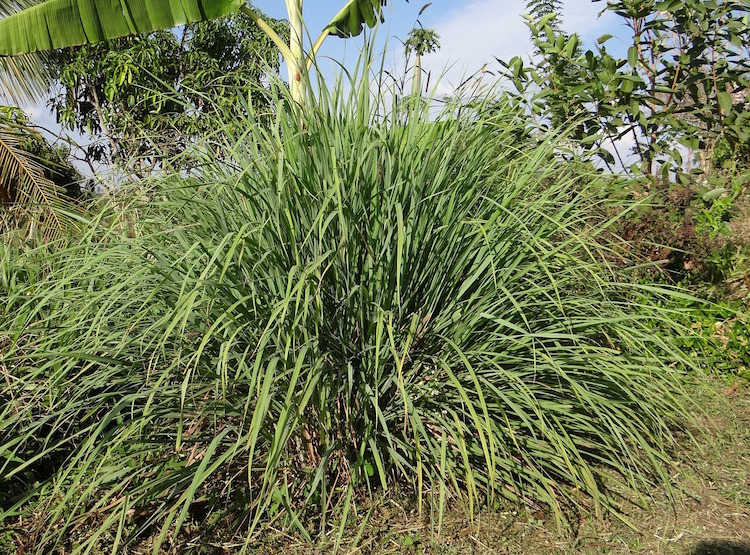
Citronella candles, widely available in most stores, gets its anti-mosquito mojo from handy citronella grass. Planting a bit of citronella grass as a base for your garden is a fantastic way to build a natural repellent that you can leave growing or pinch off a bit to crush and rub on your skin.
This powerful plant serves as a scent decoy, distracting mosquitoes from otherwise appealing smells.
Lemon Grass
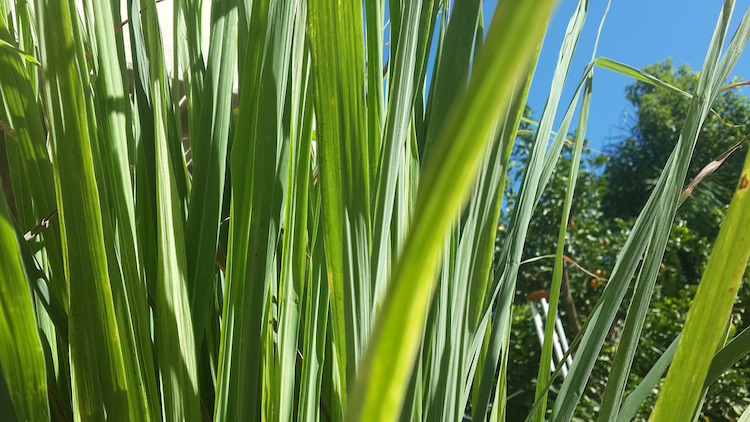
Lemon grass actually possesses astringent of citronella but is so powerful that it is being used to help combat the Zika virus.
A research study conducted by researchers at the University of Minnesota found small concentrates of lemongrass oil possessed the ability to destroy mosquito larvae, essentially preventing Zika-bearing mosquitoes from maturing into adulthood and, subsequently, spreading the virus. Planting a little lemongrass could offer a lot of protection.
Shrubs
If you’re feeling a little ambitious and want to flex your green thumbs, consider planting shrubs. Shrubs are a natural and gorgeous boundary for any yard.
You can design shrub placement as a framework that truly draws the eye. One shrub, in particular, is not only a powerful mosquito repellent. It has many other uses, too.
Tea Tree
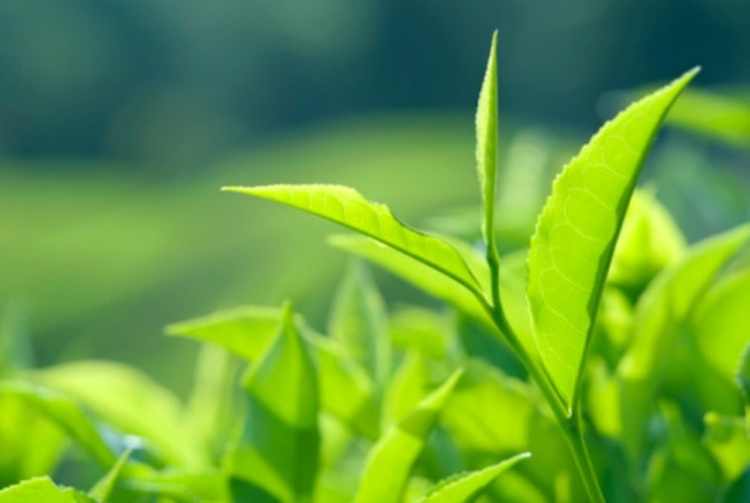
Tea tree is said to have numerous, curative properties. However, one of its best preventive qualities is to keep mosquito bites away and it’s low maintenance, too.
Tea tree shrubs need little water and love the sun, based on the University of California’s Agriculture and Natural Resources department.
Keep Those Nasty Mosquitos Away Today
For the most part, anything on this list will send mosquitoes buzzing away toward another target just by merely existing in your garden. However, it is also possible to create your own mosquito repellent by combining some of these plants.
No matter how you choose to do it, each is an effective and organic alternative for enjoying the outdoors without becoming a meal for mosquitoes. Take your list, pick a few, and get going on creating your perfect mosquito-free garden.




